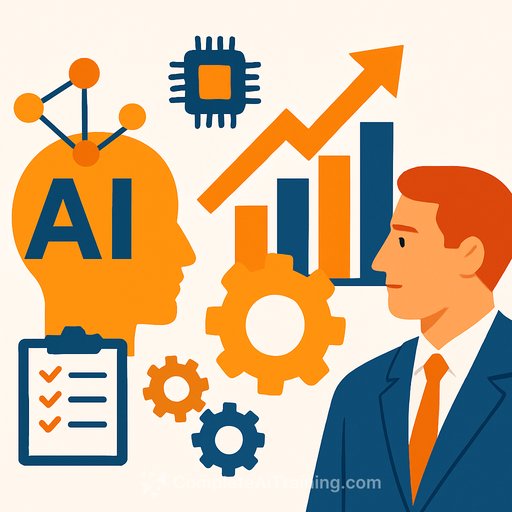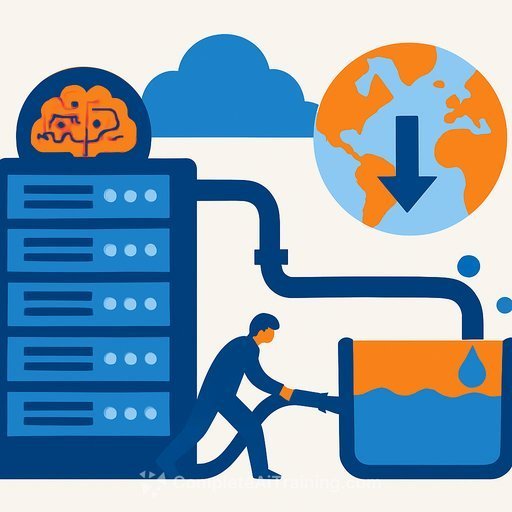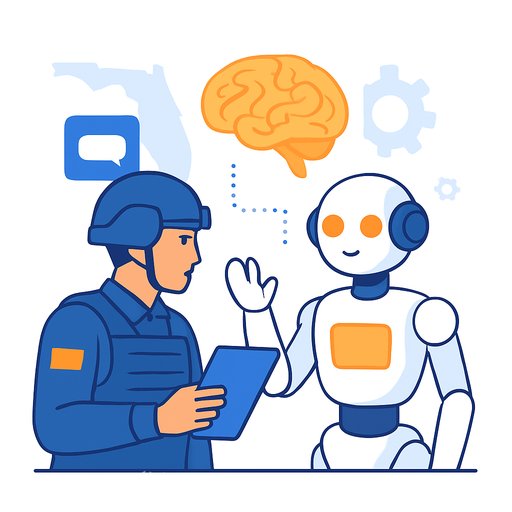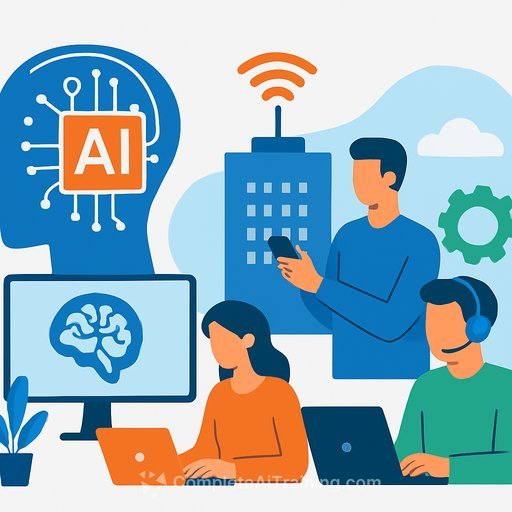SK Group Chairman Calls for AI Skill Development and Operational Excellence
Chey Tae-won, chairman of SK Group, recently addressed the company’s annual business event, urging employees to enhance their AI capabilities and concentrate on improving operational efficiency. He highlighted the likelihood that many current tasks will soon be handled by AI technologies. Instead of resisting this change, Chey encouraged staff to focus on creative work and contribute actively to improving daily operations.
According to Chey, strengthening the fundamentals of everyday work processes is crucial for maintaining long-term competitiveness as AI becomes more integrated into business functions.
Building Strong Operational Foundations Before AI Integration
SK Group’s focus on operational efficiency as the “basic physical strength” reflects a practical lesson from costly AI implementation failures seen elsewhere. For example, the Watson project at MD Anderson Cancer Center was discontinued after spending over $62 million without delivering the expected patient treatment results. This case underscores how AI projects can fail if the underlying operations and processes are not solid.
Research from Harvard Business Review shows that cultural readiness and organizational change are bigger obstacles to AI adoption than the technology itself. Companies that adopt AI incrementally—integrating it into existing workflows rather than making sweeping changes—tend to achieve better outcomes.
This approach means focusing first on tools for monitoring, preparing data, and ensuring smooth integration before fully deploying AI solutions.
AI Adoption Demands Workforce Skill Transformation
Chey’s warning that “most employees’ current tasks are likely to be replaced by AI programs” reflects a clear trend in labor markets. Data from PwC indicates that skills for jobs exposed to AI are evolving 66% faster than those in less-exposed roles. Additionally, workers with AI skills earn wages about 56% higher on average.
Goldman Sachs estimates AI could displace 6-7% of the U.S. workforce but also boost productivity by roughly 15% once fully implemented. Industries more exposed to AI are seeing wages climb faster, indicating that employees who adapt and upskill benefit significantly.
Chey’s emphasis on prioritizing creative tasks that add new value aligns with job market data showing that roles involving empathy, complex decision-making, and innovation are less likely to be automated.
What This Means for Operations Professionals
- Focus on strengthening daily operational processes before pushing for AI-driven transformation to reduce risks and improve implementation success.
- Invest in upgrading AI skills to stay relevant, as AI adoption is accelerating job task changes and skill requirements.
- Prioritize creative and strategic work that cannot be automated, adding unique value to your organization.
For those looking to build practical AI skills that directly support operational roles, exploring targeted courses can be a productive step. Resources like Complete AI Training’s courses by job offer focused learning paths designed to enhance your capabilities in AI integration within daily operations.
Your membership also unlocks:






